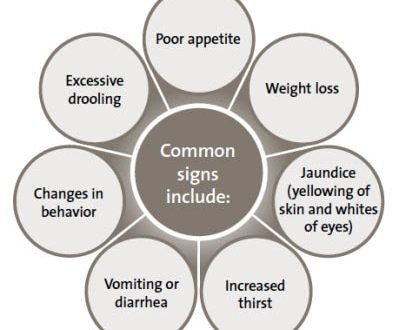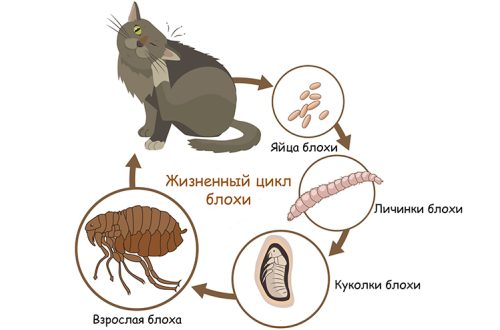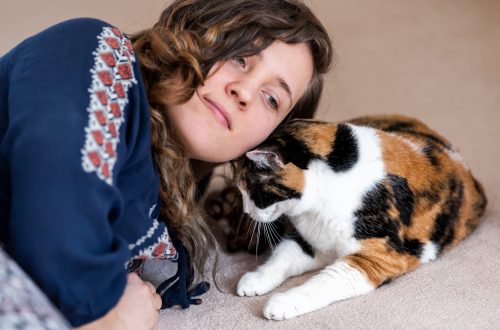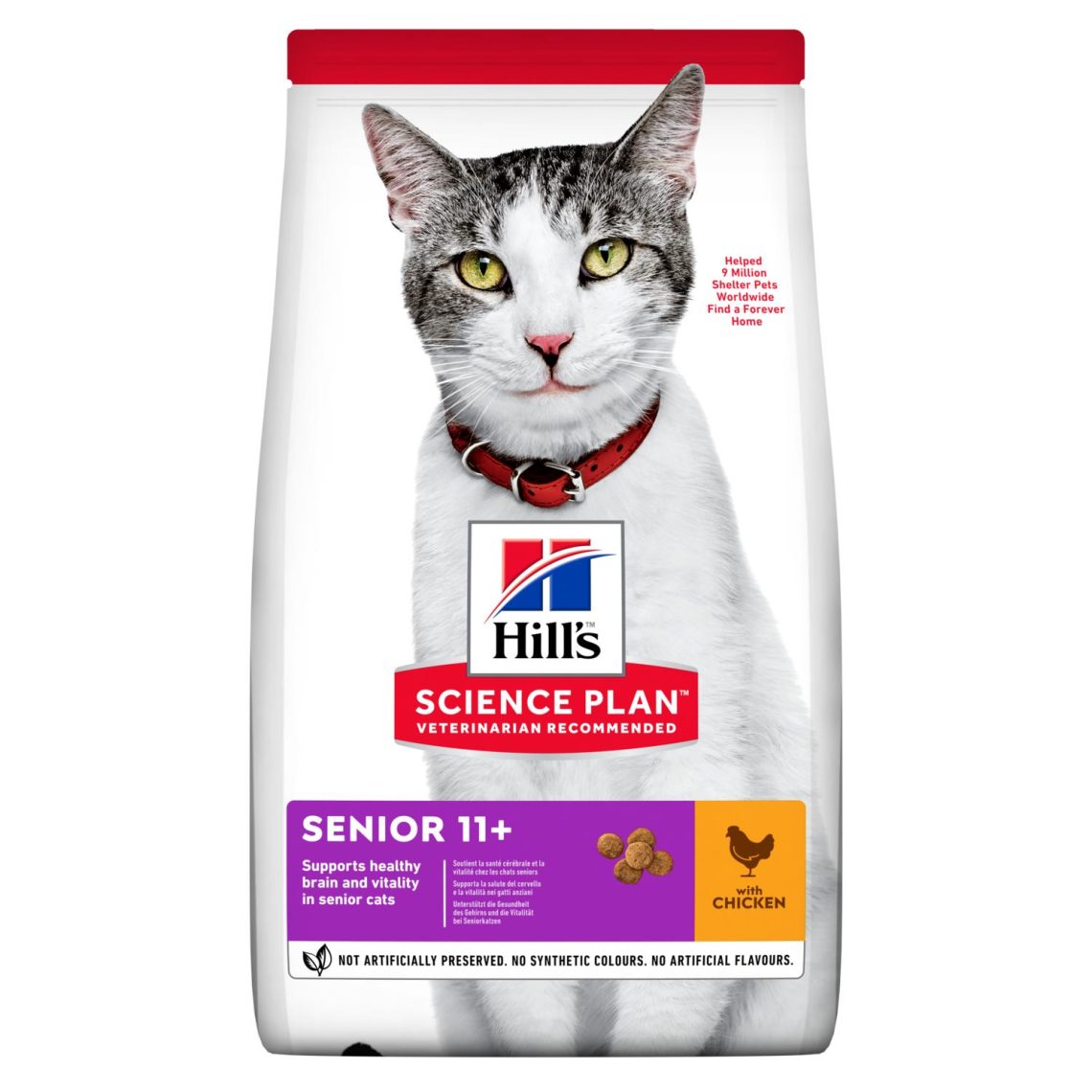
Pet food from kitten to senior cat
Your cat’s age is something to consider when choosing the right food, whether you’re looking for kitten or senior cat food. Choosing a food that provides your furry friend with the optimal nutrition he needs at every stage of his life will help him lead a long and healthy life.
When looking for cat food, look at the packaging to see if it is appropriate for your pet’s age. A cat needs different levels of nutrition at every stage of life, so it’s important to choose a food that suits her energy level, metabolic rate, and other basic needs. However, sometimes because of all this information, cat food labels are not so easy to read, which is why it is so important to know what your cat needs and why.
According to the American Association of Animal Clinics, there are six distinct stages in a cat’s life, each of which requires judicious food selection.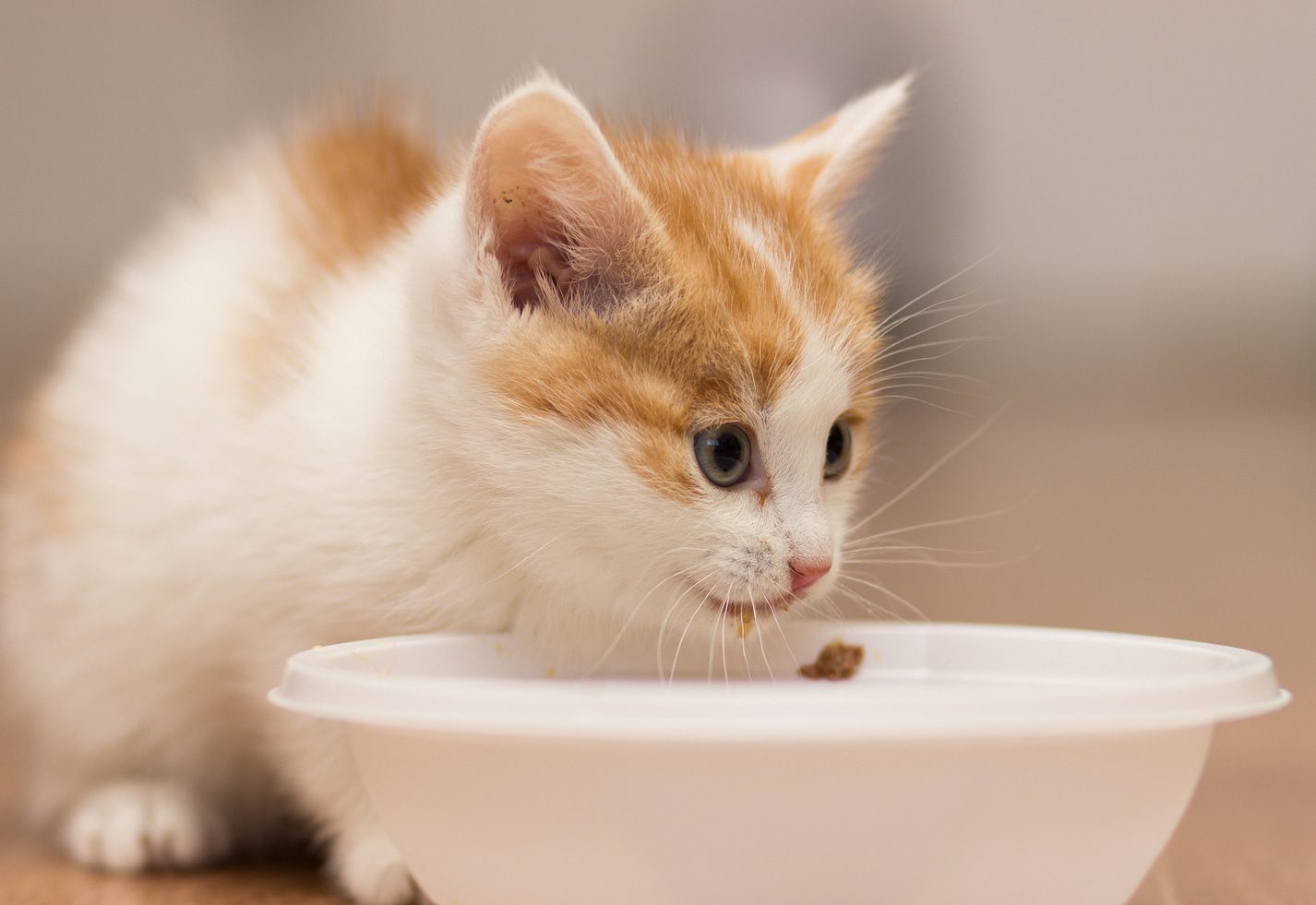
Contents
Newborn kittens (from birth to 4 months)
Newborn kittens will stay with their mother for the first 8 weeks or so. They will feed on their mother’s milk, it will help them grow and fight diseases that their immune system is well able to cope with. During this time, they will not do much other than eat and sleep.
When the kitten is 8-9 weeks old, he will be ready to wean from mother’s milk and move to your home. At this stage, the daily routine of the crumbs follows one simple pattern: he eats, sleeps, rushes around the house – and everything repeats in a circle. A kitten needs nutrients to maintain its boundless energy levels.
Now that he’s been weaned from breastfeeding, your new kitten food should include the following ingredients – fatty acids (especially DHA – a common source of this nutrient in fish oil), folic acid, and taurine (an amino acid that aids in vital development). immune and digestive systems, heart function and vision quality). Protein is another vital element in a kitten’s diet, which comes mainly from meat and grains. The baby grows at an amazing rate (this stage is equivalent to the first ten years of a human life!) and he needs energy to keep up. It is important that these nutrients are always in the right amount and ensure that he is able to be healthy as he grows. In addition to nutrition, do not forget about other types of kitten care.
Young cats (from 7 months to 2 years) and adults (3-6 years)
If your furry baby’s behavior changes as he approaches the one year mark, don’t be surprised. Your cat is entering puberty and getting ready for adulthood: this stage of life corresponds to 12-27 years of human life (adolescence) and 28-40 years (bloom).
Cats are technically considered adults at one year of age and up to six years of age, but age is not necessarily a determining factor in your cat’s activity. Many animals, having exchanged the second ten, will still be full of life. For this reason, when choosing a food, it is necessary to take into account the level of activity of your cat. The average kitten will need enough food to maintain energy to go about their daily activities, but if your cat is very active and runs around the house for hours, she will need even more calories. If your pet enjoys lying in the sun all day, he may need a carefully measured amount of food to keep him in shape. Check with your veterinarian regarding your cat’s activity level to determine if she needs more or less calories.
Adult cats require the correct amount of fat and protein in their diet, as well as other nutrients such as taurine. Check out Hill’s Science Plan cat food line. From kitten food to senior cat food, these foods provide balanced nutrition in a variety of options for adult cats of all ages, sizes and activity levels. These include hairball control food, food for sensitive stomachs and low calorie formulas.
Mature (7-10 years old) and senior cats (11-14 years old)
Cats in these two categories are in the middle of the life path. In terms of human years, these furry friends range in age from 40 to 75 years old. While your pet won’t necessarily have a midlife crisis, she may become more picky about her food choices and you’ll need to make sure she’s getting the nutrients she needs and drinking enough fluids. Always make sure your cat has clean, fresh water.
It is also a time when the nutritional needs of cats change due to health issues or simply aging. In some cases, too much or not enough of any ingredient can affect her health. At this stage, you need to monitor your cat’s weight as their activity levels decrease, which can lead to obesity. Avoid high-calorie foods formulated for kittens and young adult cats; instead, look for food formulated with her needs as an aging cat in mind, such as Youthful Vitality cat food. Keeping track of her calorie intake will not only help keep her weight in a healthy range, but will also reduce the risk of health problems like kidney disease, certain cancers, and osteoarthritis.
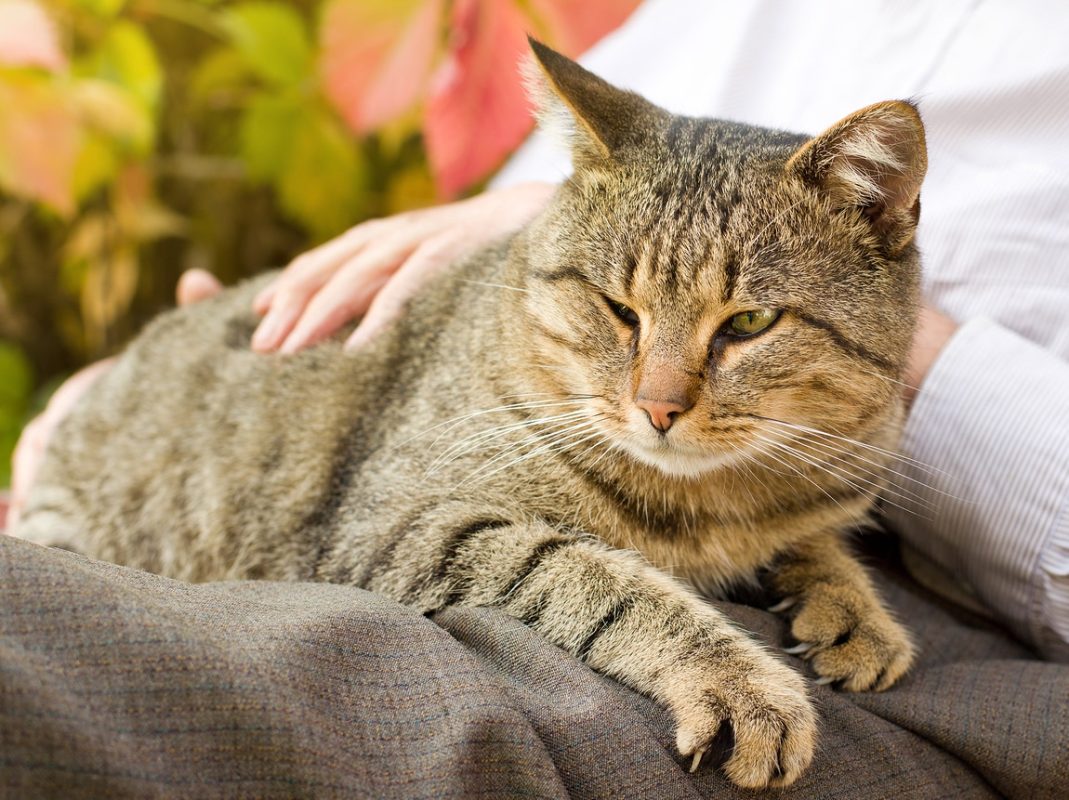
Elderly cats (15+)
In old age, your furry pet may begin to demand more attention: he may become more affectionate, and his level of activity will decrease. Just as his behavior changes, so does his need for food.
Like adult cat food, older cat food should be lower in calories and fiber. Another problem for older cats is being underweight. Hill’s Science Plan Youthful Vitality Cat Food contains the right balance of essential ingredients for senior cats with the added benefit of antioxidants to help keep her healthy as she ages.
Both wet and dry food provide your cat with the ingredients they need, but each has its pros and cons. Older cats often have worn or missing teeth, so something softer is better for them. Some owners try to combine the two types of food, or add some wet food, or even some fresh water to dry pellets. Your pet will certainly show you her preferences, and together you can find the perfect food.
How can cat treats be introduced into a cat’s diet? Just like that: as a treat. “While occasional treats will generally not harm your cat, they are not usually a complete and balanced source of nutrition and should only be given occasionally,” explains the College of Veterinary Medicine at Cornell University. You should also avoid giving your cat raw meat (which carries the risk of toxoplasmosis and infectious diseases), canned fish (risk of neurological disease), and milk (many cats cannot digest dairy products), according to Cornell University staff.
In addition to nutrient-dense foods, your cat must be drinking enough water to stay healthy. This is especially true for older and elderly animals, for whom dehydration can be a side effect of certain diseases.
Of course, there are exceptions for every stage of a cat’s life if they have any medical conditions or other problems that require attention: in these cases, you should consult your veterinarian. Your veterinarian can also help you determine the optimal feeding schedule for your cat, including the amount of food for each life stage, as well as the feeding times throughout the day. Choosing the best cat food for your pet will help keep him healthy, whether he’s young or… young at heart.



